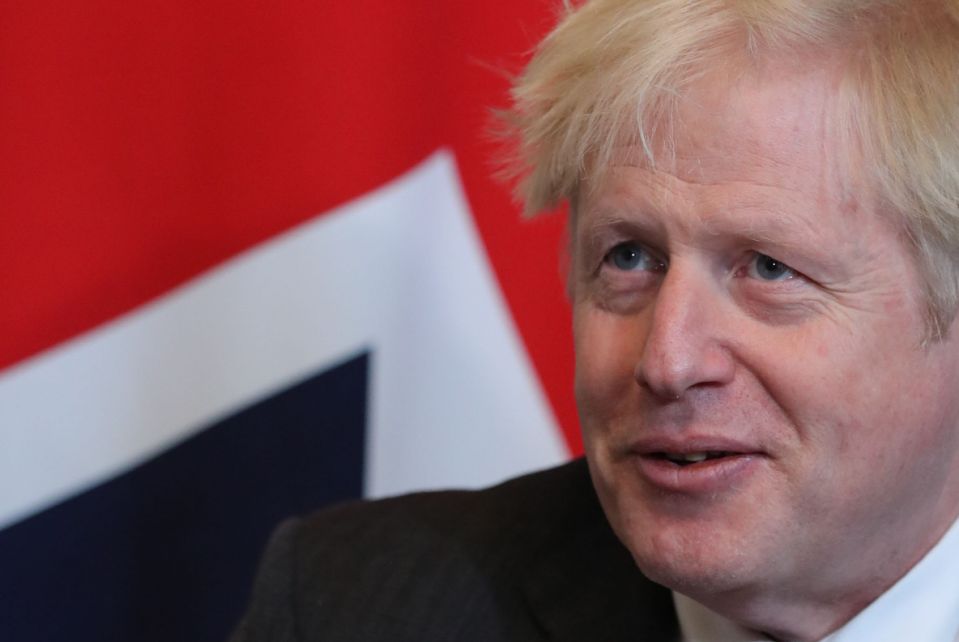LONDON (Parliament Politics Magazine) – According to the new government guidelines, those ministers who breach standards regulations in a “minor” fashion will not be expected to quit or risk dismissal.
MPs have historically been expected to resign from government if they violate the Ministerial Code in any way.
However, the PM now has the option of imposing a lighter sentence under a new clause of the code.
Boris Johnson has been accused by Labour of “watering down” standards in public life.
The amendments are the result of a review of the Ministerial Code by the Committee on Standards in Public Life, which issued a report with a set of reform proposals.
The difficult measures come as Prime Minister Boris Johnson prepares to be questioned by the MPs’ committee into if he had deceived the Parliament about the parties held in Downing Street during the first Covid lockdown.
Ministers who deliberately deceive Parliament are still expected to quit, according to the code, which states that it was of vital importance that ministers offered accurate and true information to Parliament.
However, the code has for the first time included the concept of a “minor” infraction and consequences that the PM may decide to apply in a given circumstance.
According to the new guidelines, a breach of the code might result in a public apology, remedial action, or the withdrawal of ministerial salary for a period of time.
In a statement, the administration claims that firing a minister for any infringement of the ministerial code would be “disproportionate.”
Based on advice from his standards adviser Lord Geidt, who examines alleged breaches, the prime minister is responsible for enforcing the code.
Mr Johnson has written a new introduction for the amended code, which focuses on his government’s aims instead of ministerial standards.
The PM has eliminated “any references to accountability, objectivity, integrity, honesty, transparency and leadership in the public interest,” according to Deputy Labour Leader Angela Rayner.
He was acting like a tin pot despot, she told BBC Radio 4’s PM. She had never seen a PM of any political persuasion behaving in such an absurd way in her whole life, and it simply utterly undermines their democracy.
He certainly didn’t think that was a prudent decision and certainly not a good moment to be doing that, Tory MP Sir Bob Neill, who has submitted a letter of no confidence in the PM over Partygate, told BBC News when asked about the revisions.
This decision struck at the very heart of their democracy and would endanger the ability to scrutinise the PM for years to come, said Kirsten Oswald, the SNP’s deputy Westminster leader.
The amendments to Lord Geidt’s powers, according to Lib Dem chief whip Wendy Chamberlain, are a shocking attempt by Boris Johnson to manipulate the laws to let himself off the hook.
Other modifications include Lord Geidt’s ability to conduct his own inquiries into alleged violations of the code after “consultation” with the PM.
However, according to new guidance on the function, he must still contact the prime minister, who will generally give his assent to a probe.
Lord Geidt previously had to wait until the prime minister asked him to begin an investigation.
However, where there were public interest grounds to do so, the new guidance states that the prime minister may express concerns about a proposed probe such that the independent adviser does not proceed.
After conducting a probe into the prime minister’s flat refurbishing last year, Lord Geidt said he anticipated to be given “considerably greater” authority, independence, and influence.
After it was revealed that Conservative peer Lord Brownlow made a donation £52,000 to help pay the price, the peer cleared the prime minister of a conflict of interest.






